Open Science
What is it? Why does it matter?
Psychology & Child Study Center
Support
- National Institutes of Health, R01-HD094830
- National Science Foundation, OAS-2032713
- John S. Templeton Foundation
- Penn State Child Study Center
Agenda
- A cautionary tale
- What is open science
- Why it matters
- Let’s get to work…
A cautionary tale
What is open science?
Wikipedia
Sharing data







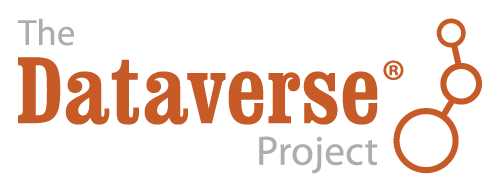

Sharing materials
- Protocols
- Surveys & displays, reagents, etc.
- Data analysis
- Pre-registered plans
- Realized plans
- Code
- Code books/data dictionaries
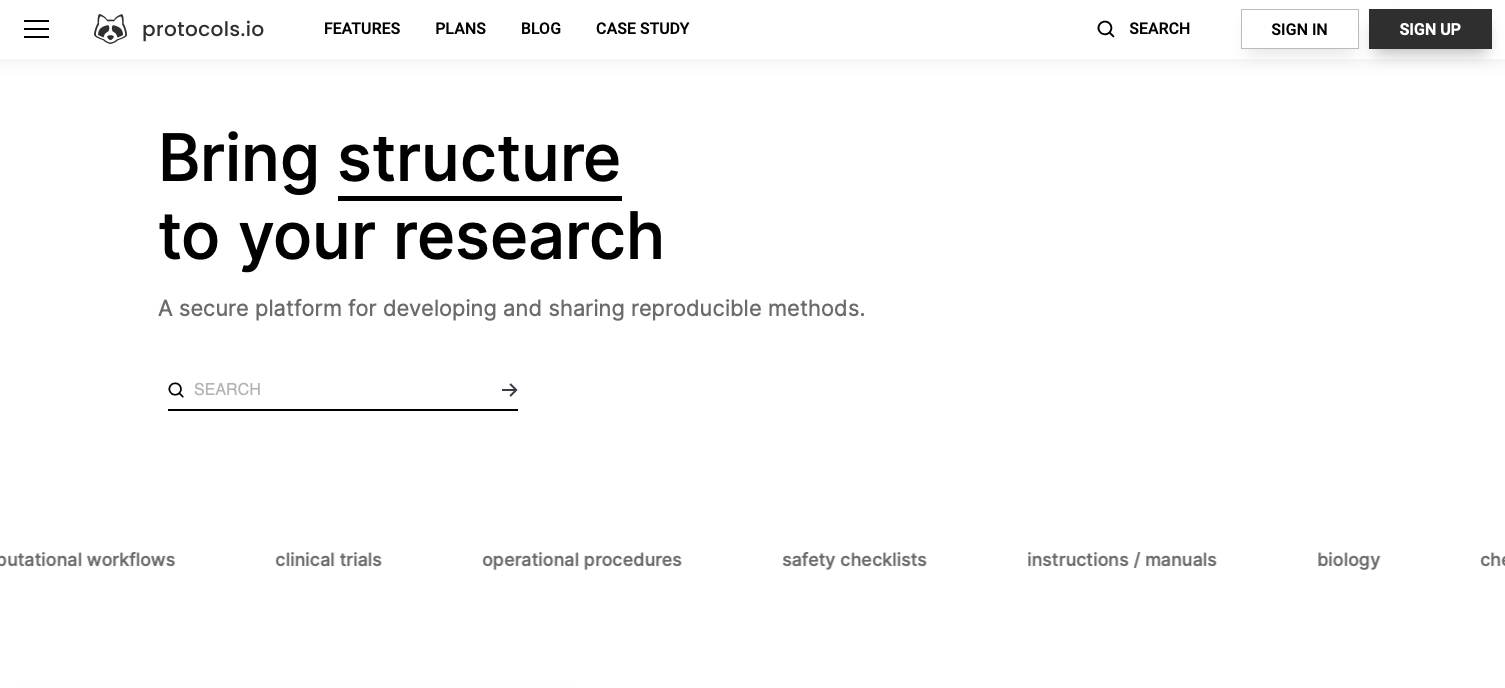

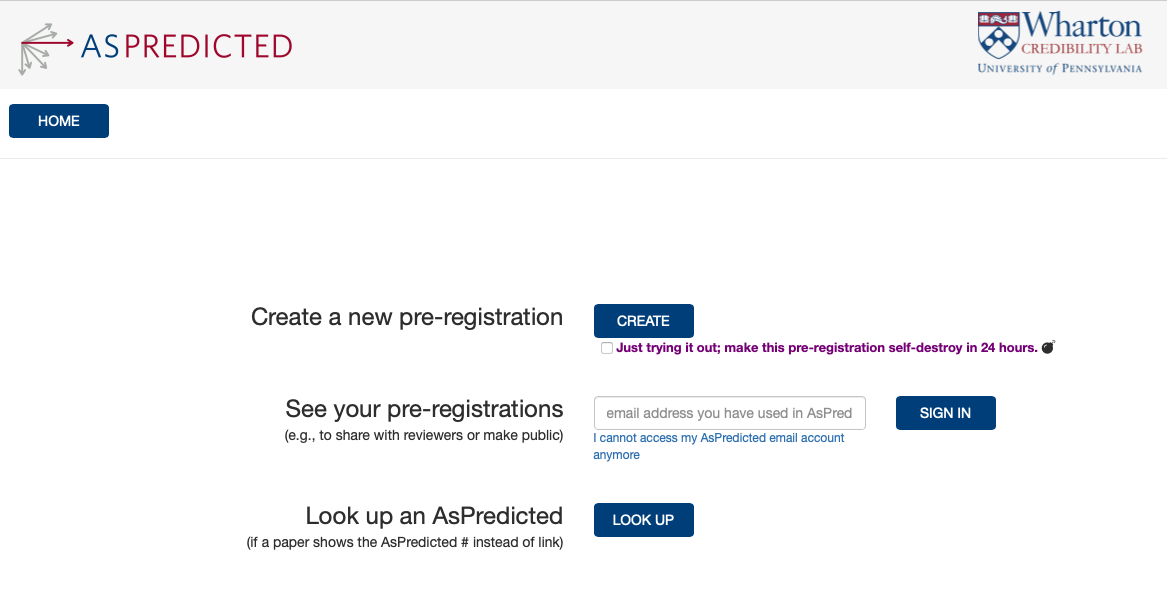
Version control


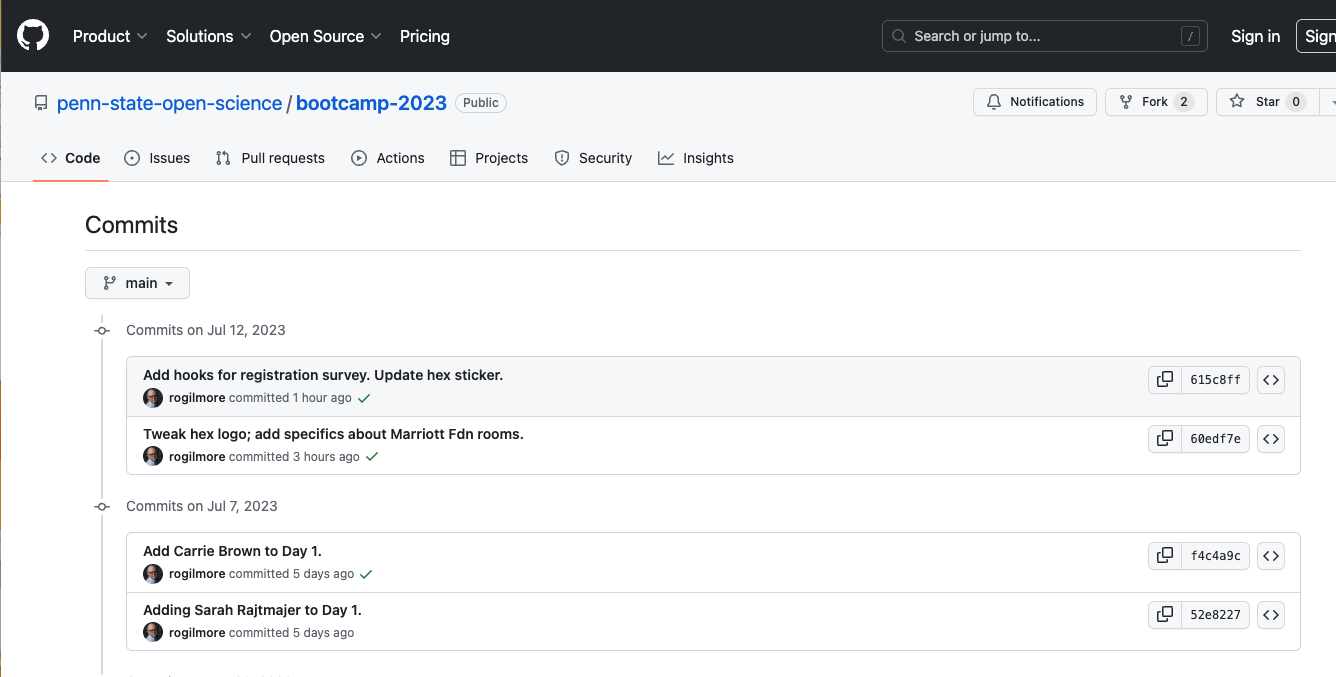 https://github.com/penn-state-open-science/bootcamp-2023/commits/main
https://github.com/penn-state-open-science/bootcamp-2023/commits/main
Open Access…
- Blitz talk on PSU Open Access policy (up next)


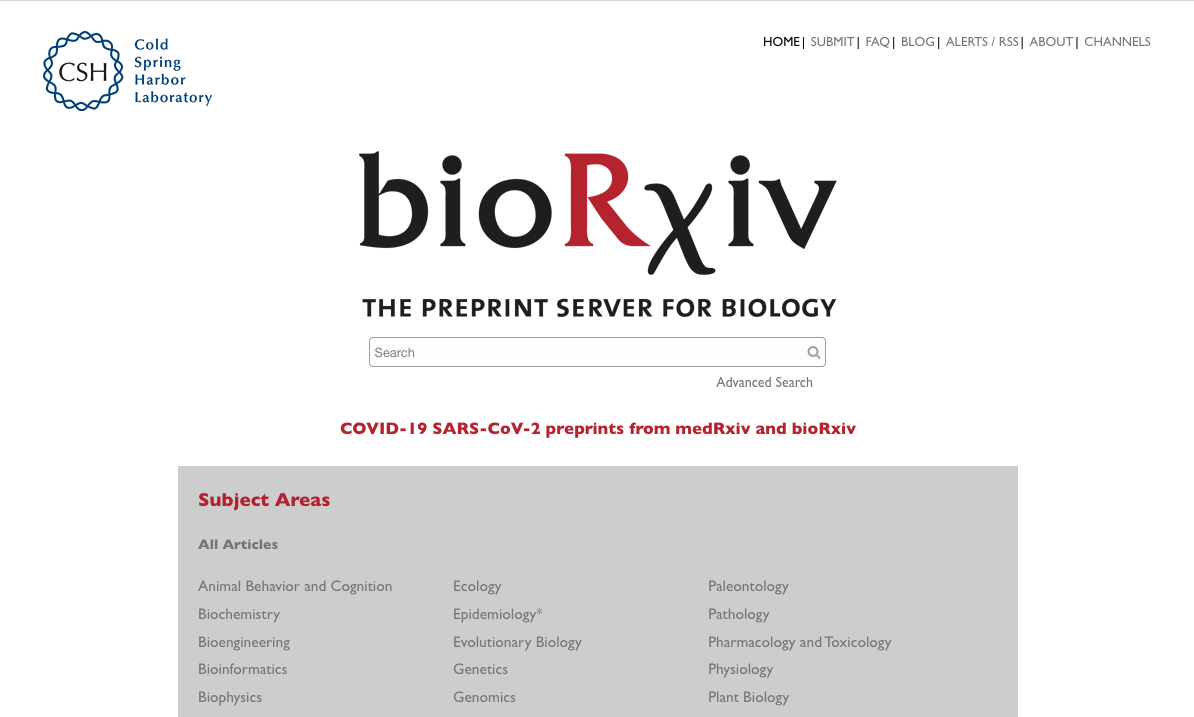

Why does it matter?
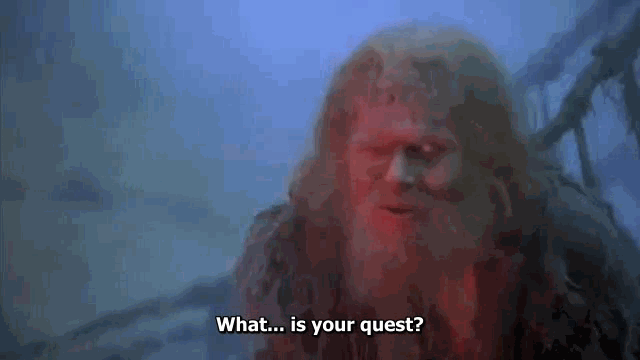

What is science, really?
a stock of accumulated knowledge (facts & findings)
a set of characteristic methods
a set of cultural values (Merton, 1973, p. 268)
Richard Feynmann
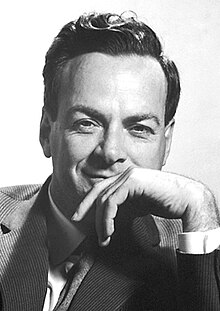
…the idea that we all hope you have learned in studying science in school…It’s a kind of scientific integrity, a principle of scientific thought that corresponds to a kind of utter honesty…
Richard Feynmann

The first principle is that you must not fool yourself—and you are the easiest person to fool. So you have to be very careful about that. After you’ve not fooled yourself, it’s easy not to fool other scientists…
Richard Feynmann

…a specific, extra type of integrity that is not lying, but bending over backwards to show how you’re maybe wrong, that you ought to do when acting as a scientist. And this is our responsibility as scientists, certainly to other scientists, and I think to laymen.
Richard Feynmann

…If you’ve made up your mind to test a theory, or you want to explain some idea, you should always decide to publish it whichever way it comes out. If we only publish results of a certain kind, we can make the argument look good. We must publish both kinds of result.
Richard Feynmann

…if you’re doing an experiment, you should report everything that you think might make it invalid–not only what you think is right about it: other causes that could possibly explain your results; and things you thought of that you’ve eliminated by some other experiment…
Robert Merton
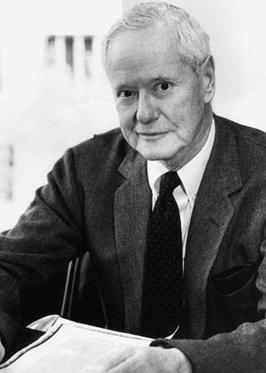

Hogwash!

Norms and counter-norms
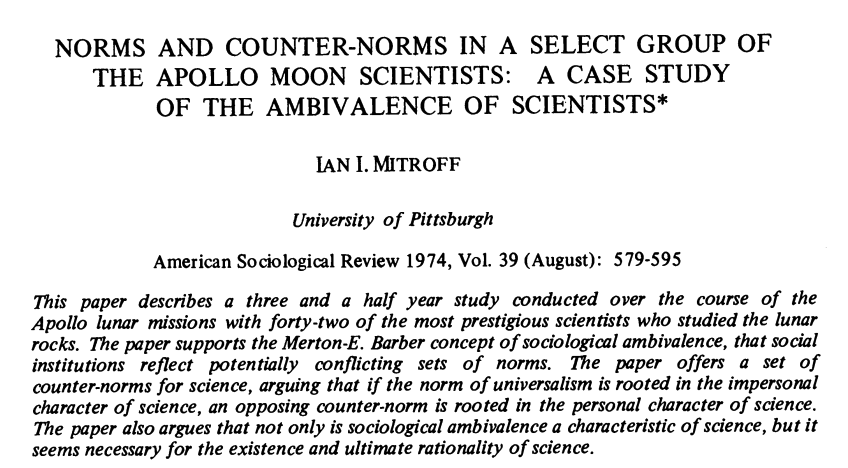
| Norm | Counternorm |
|---|---|
| Faith in the moral virtue of rationality (Barber, 1952). | Faith in the moral virtue of rationality and nonrationality (cf., Tart, 1972). |
| Emotional neutrality as an instrumental condition for the achievement of rationality (Barber, 1952). | Emotional commitment as an instrumental condition for the achievement of rationality. |
| Norm | Counternorm |
|---|---|
| Universalism: The acceptance or rejection of claims entering the list of science is not to depend on the personal or social attributes of their protagonist; his race, nationality, religion, class and personal qualities are as such irrelevant. | Particularism: “The acceptance or rejection of claims entering the list of science is to a large extent a function of who makes the claim” (Boguslaw, 1968:59) |
| Norm | Counternorm |
|---|---|
| Communism: “Property rights are reduced to the absolute minimum of credit for priority of discovery” (Barber, 1952:130). “Secrecy is the antithesis’ of this norm; full and open communication [of scientific results] its enactment” (Merton, 1949:611). | Solitariness (or, “Miserism” [Boguslaw, 1968:59]): Property rights are expanded to include protective control over the disposition of one’s discoveries; secrecy thus becomes a necessary moral act. |
| Norm | Counternorm |
|---|---|
| Disinterestedness: “Scientists are expected by their peers to achieve the self-interest they have in work–satisfaction and in prestige through serving the [scientific] community interest directly” (Barber, 1952:132). | Interestedness: Scientists are expected by their close colleagues to achieve the self-interest they have in work-satisfaction and in prestige through serving their special communities of interest, e.g., their invisible college (Boguslaw, 1968:59; Mitroff, 1974b) |
Science is a human activity
- Humans are…
- flawed
- often illogical
- emotional AND intellectual
- biased
- have blind spots
- By what means can we mitigate or overcome these?
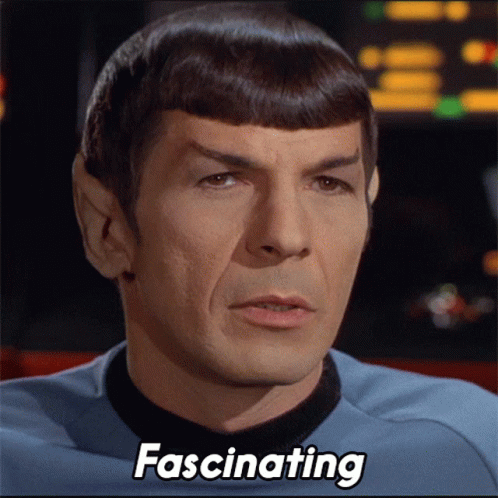

Improving the reliability and efficiency of scientific research will increase the credibility of the published scientific literature and accelerate discovery. Here we argue for the adoption of measures to optimize key elements of the scientific process: methods, reporting and dissemination, reproducibility, evaluation and incentives…We discuss the goals of these measures, and how they can be implemented, in the hope that this will facilitate action toward improving the transparency, reproducibility and efficiency of scientific research.
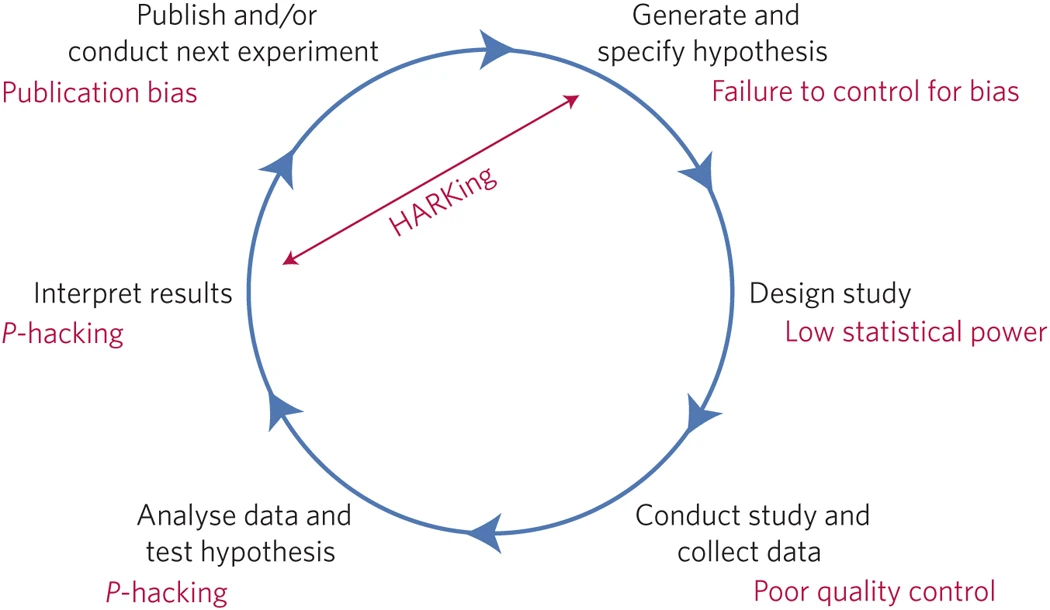
Claim
- Better/stronger/less-biased methods…
\(\rightarrow\) better/stronger/less-biased inferences
\(\rightarrow\) more consistent (& realistic) expression of scientific values
Methods reproducibility
Methods reproducibility refers to the provision of enough detail about study procedures and data so the same procedures could, in theory or in actuality, be exactly repeated.
- Does a typical journal article satisfy this?
- Does project X from your lab group satisfy this?
- Reproducible to your team \(\rightarrow\) reproducible to others
HARK1 the herald…
- Are you sure you remember clearly what you believed before you collected study data?
- Are you sure you remember what analyses you planned to do to test your predictions?
- Did you write it down?
Why open science @ Penn State
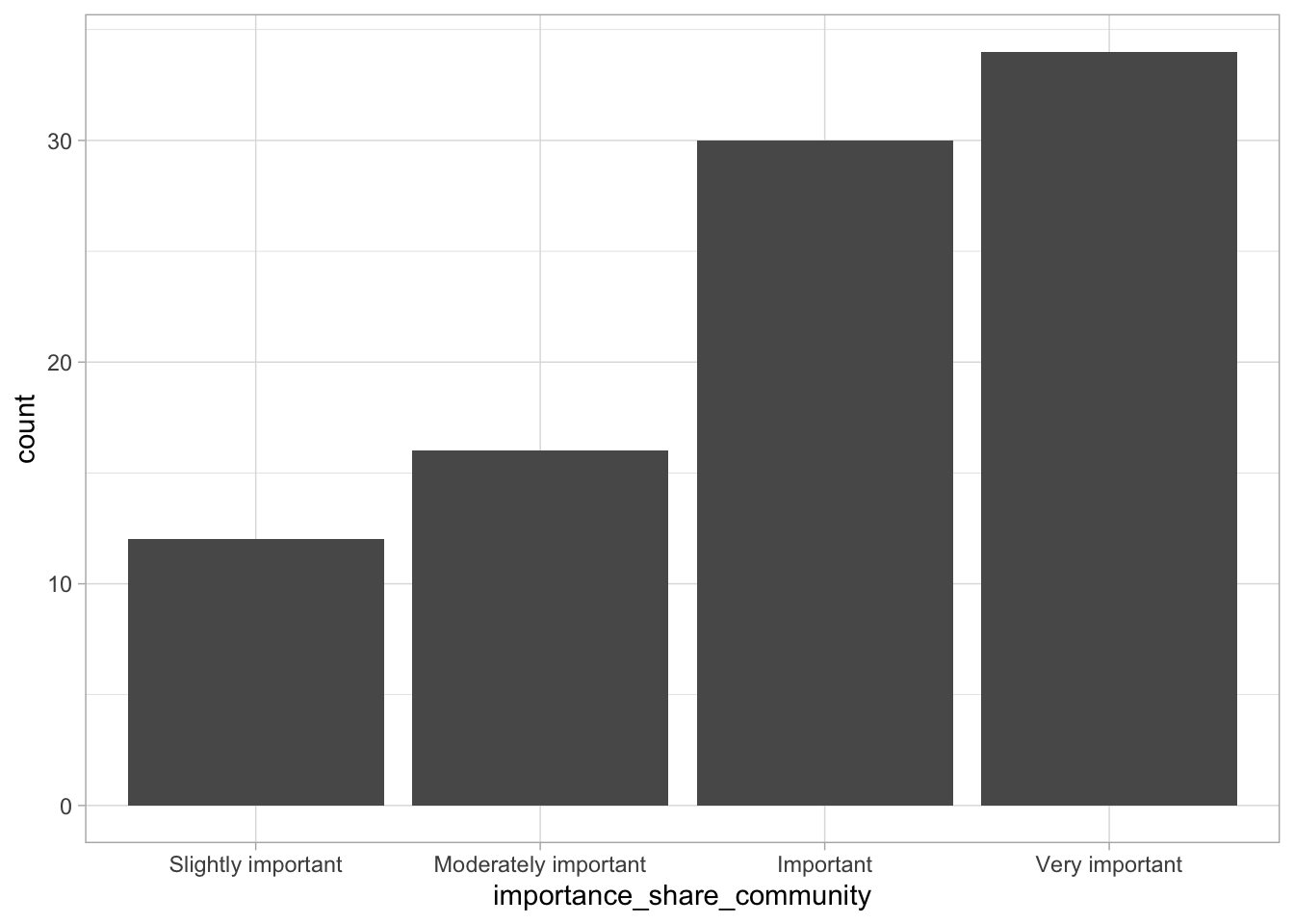
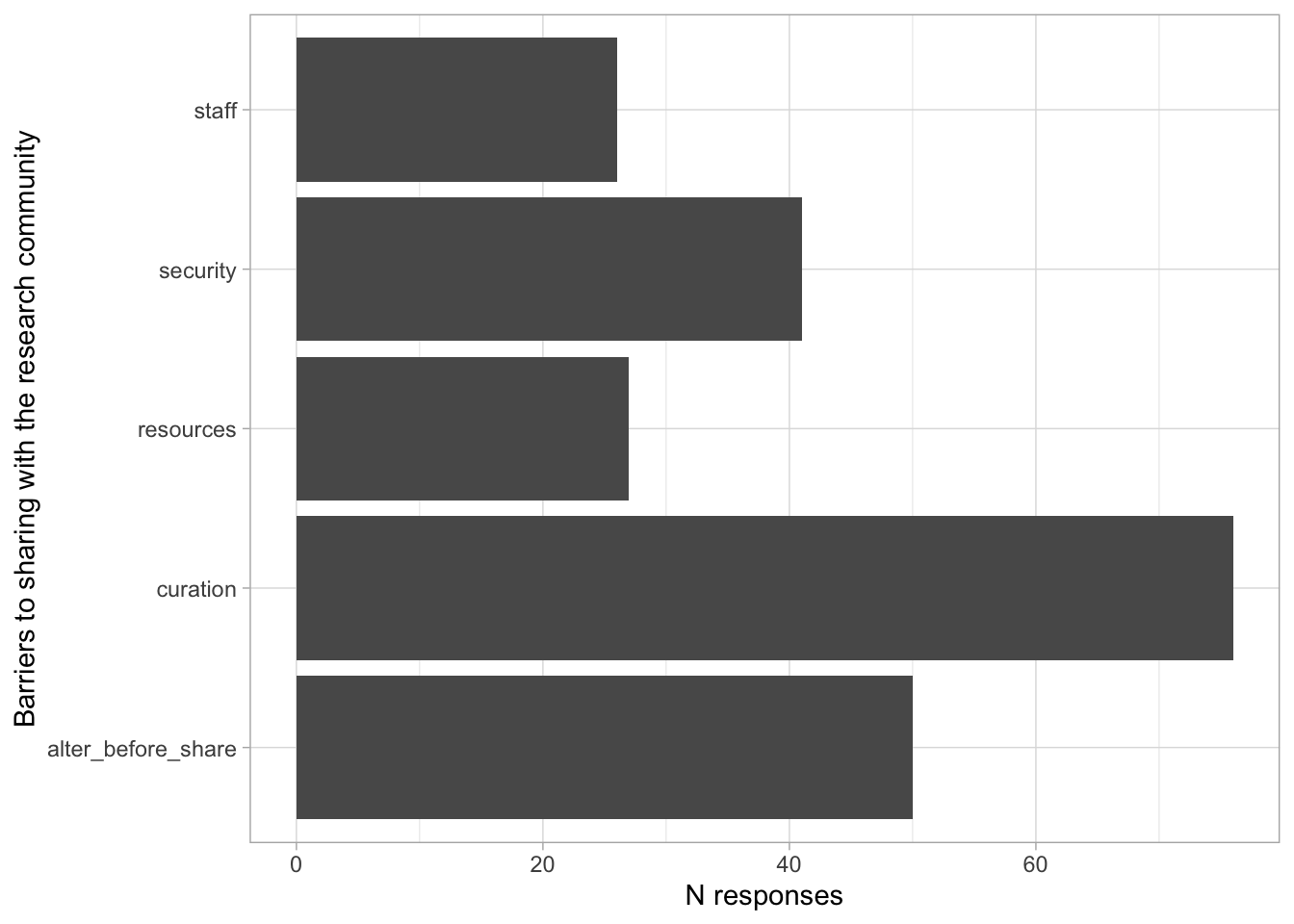
But my data are restricted…
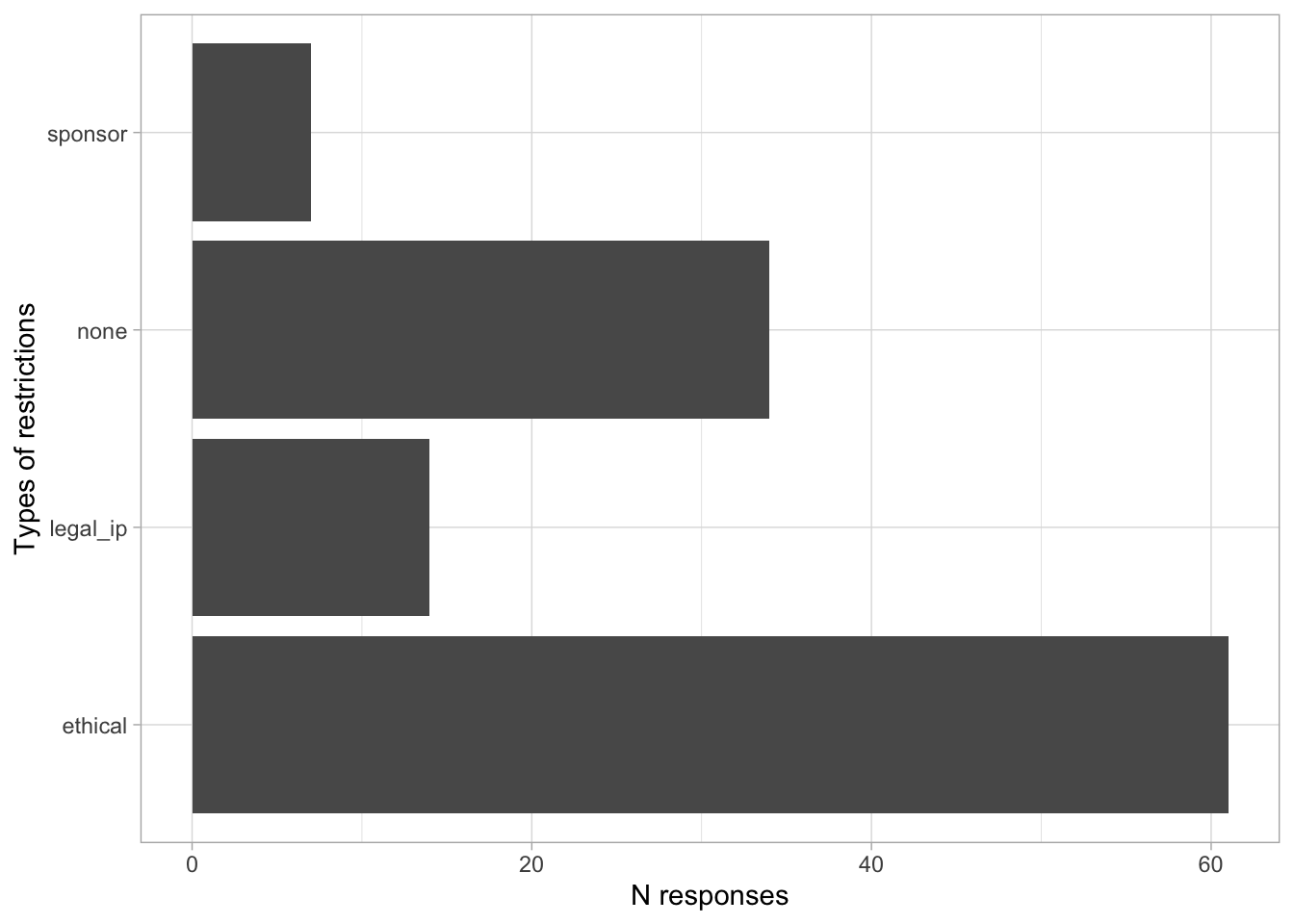
- Sensitive, identifiable data can (often) be shared
- Databrary
- Qualitative Data Repository (QDR)
- Data sharing workshop (tomorrow)
Data management poses challenges
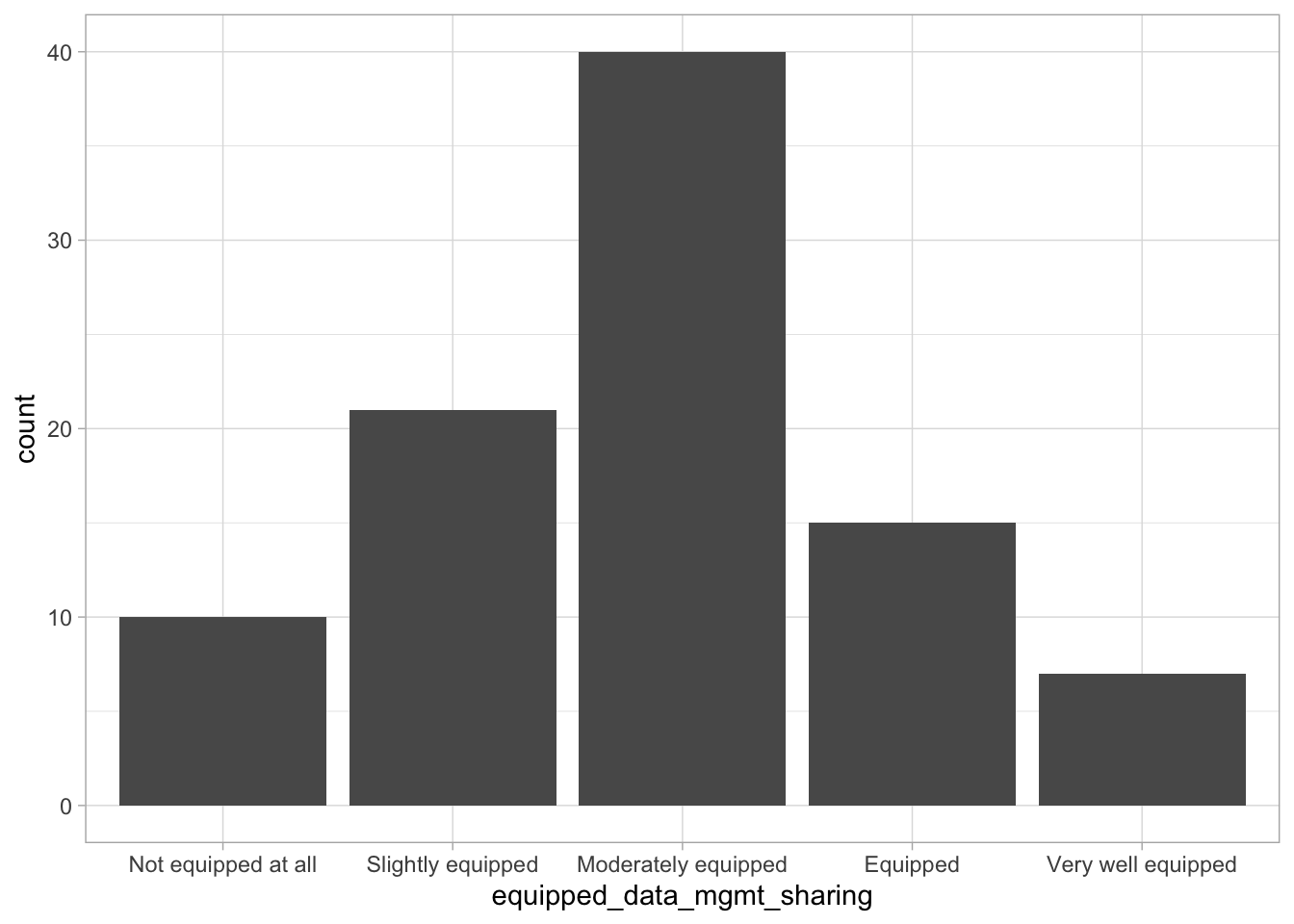
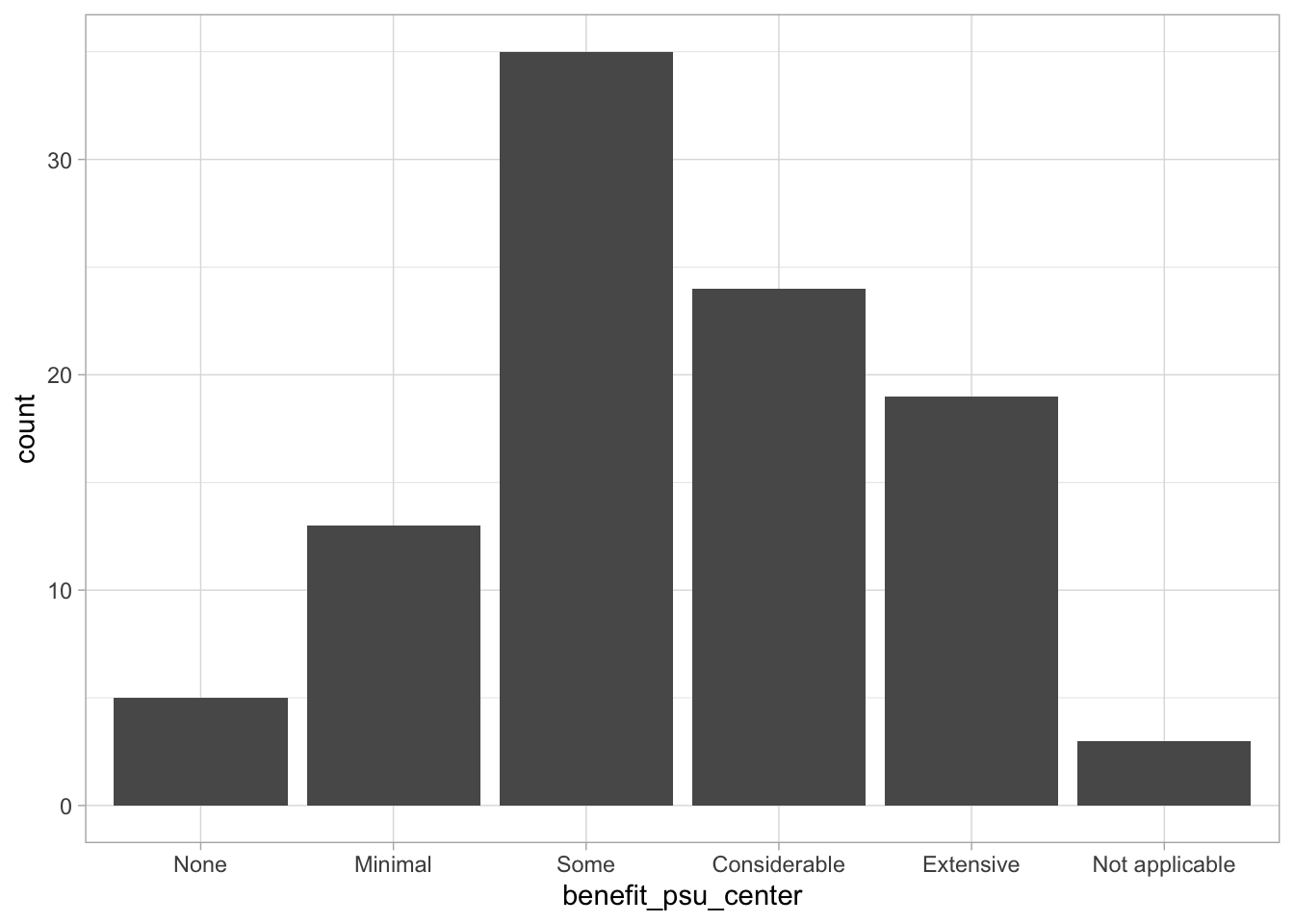

Why open science: The bigger picture
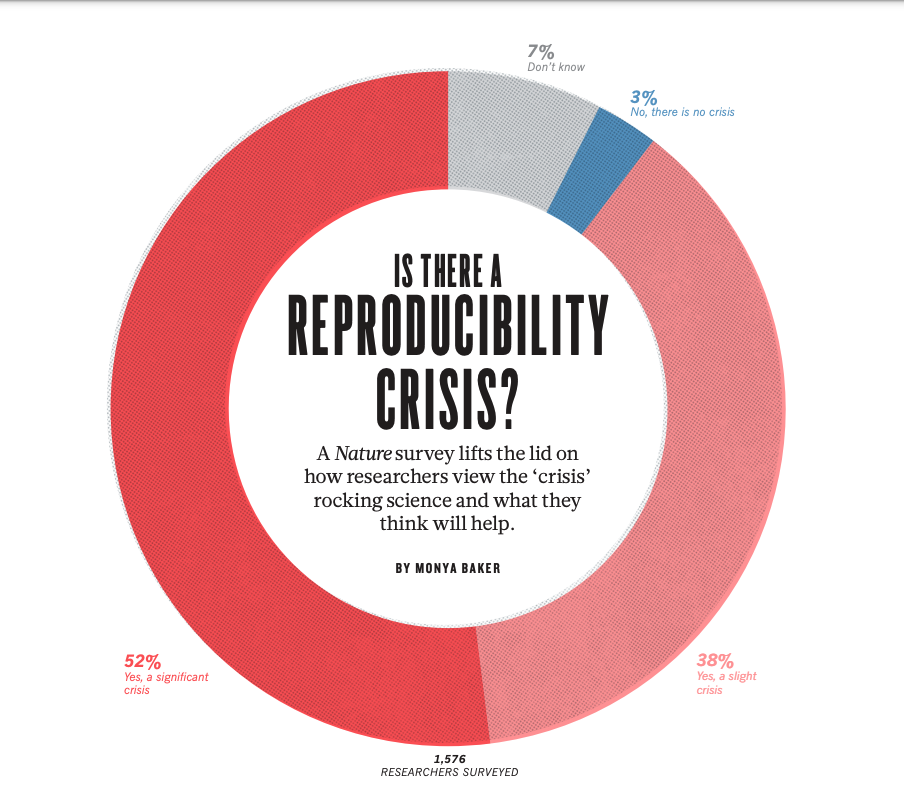
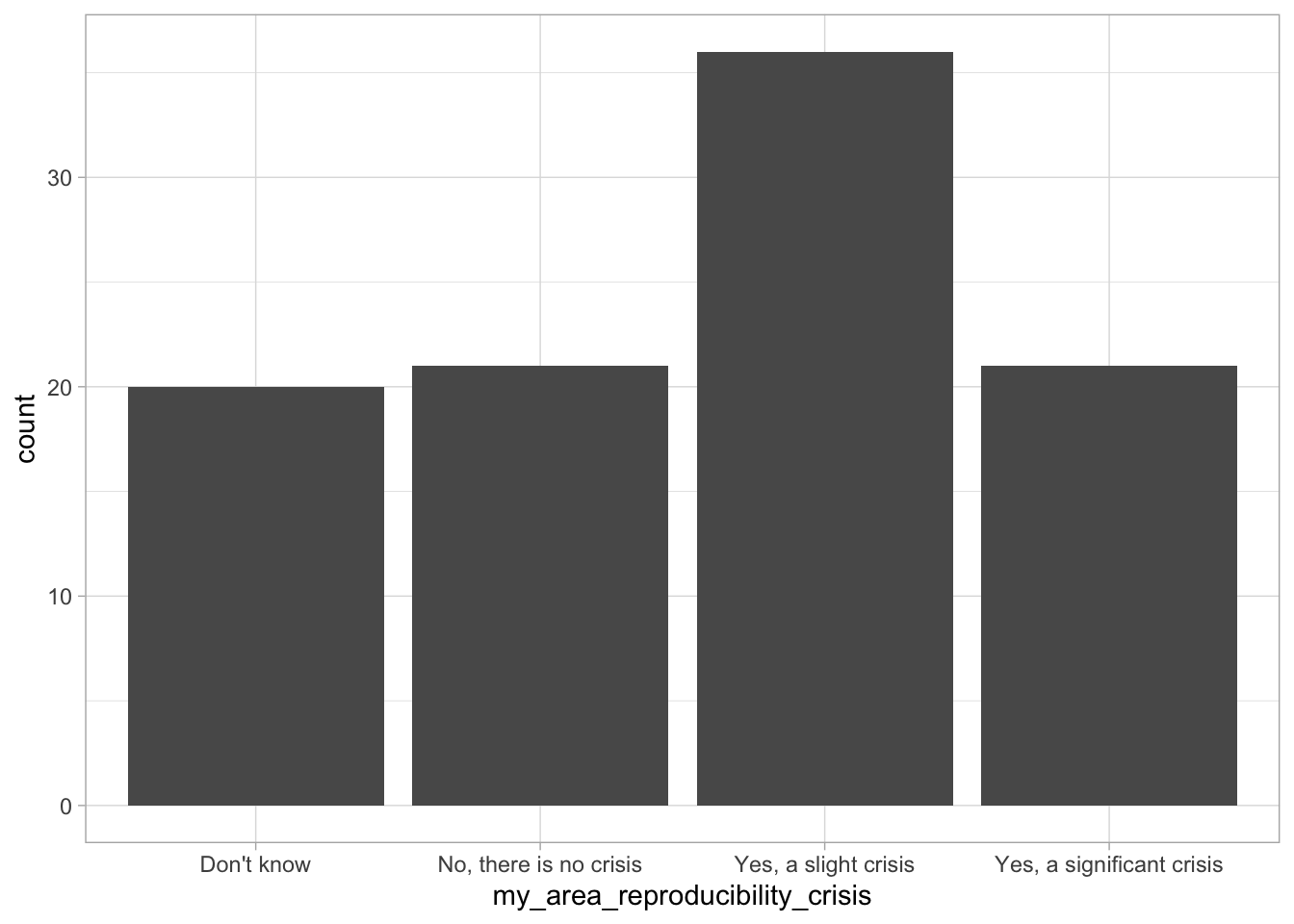
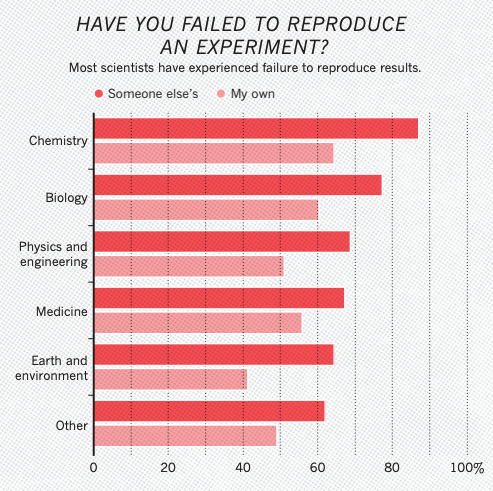
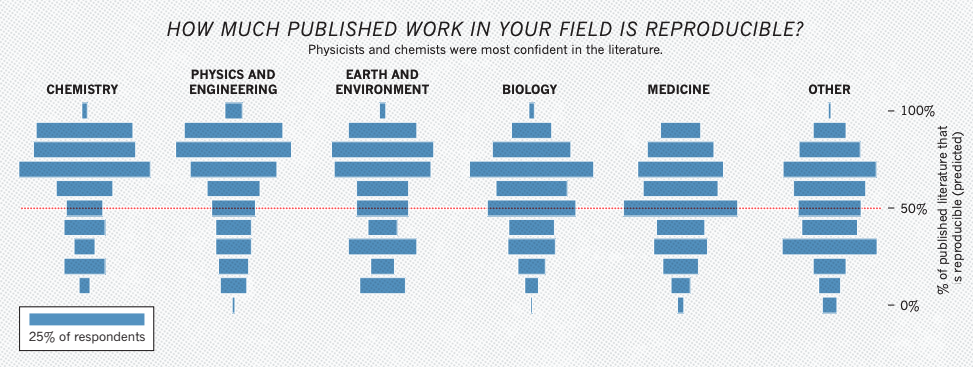
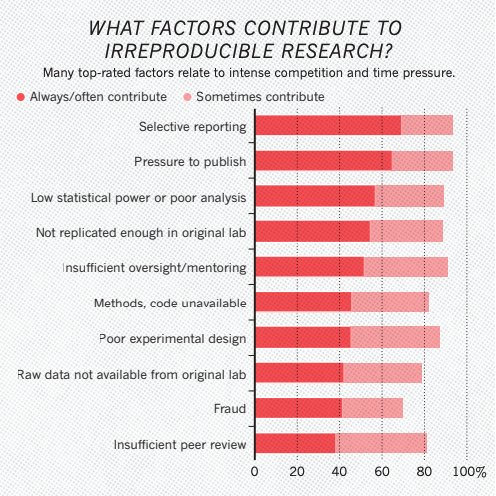

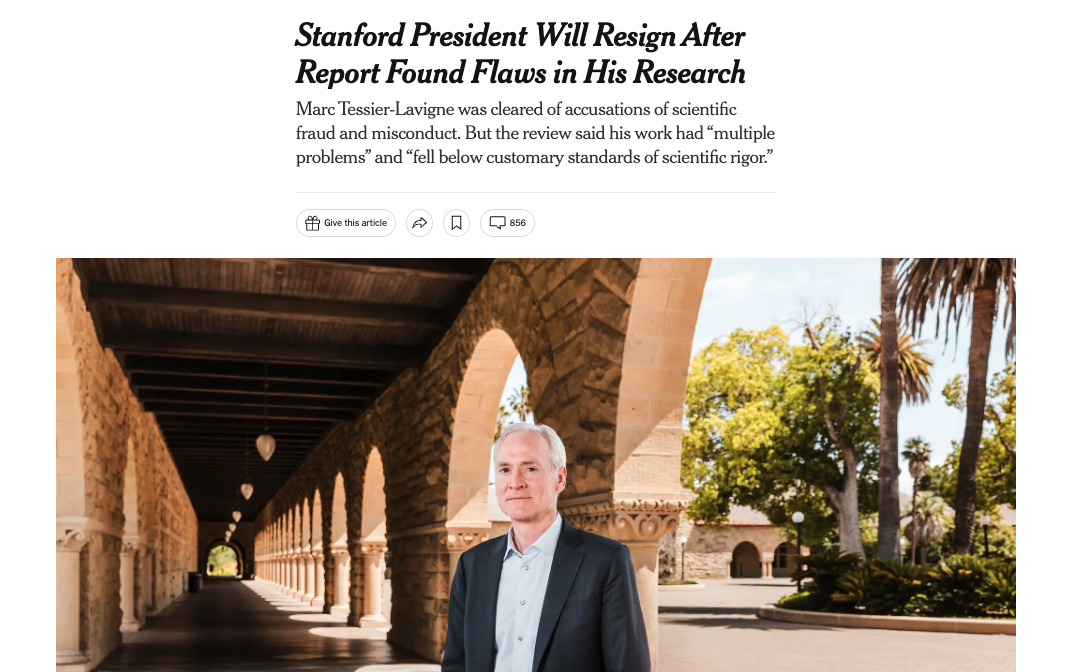
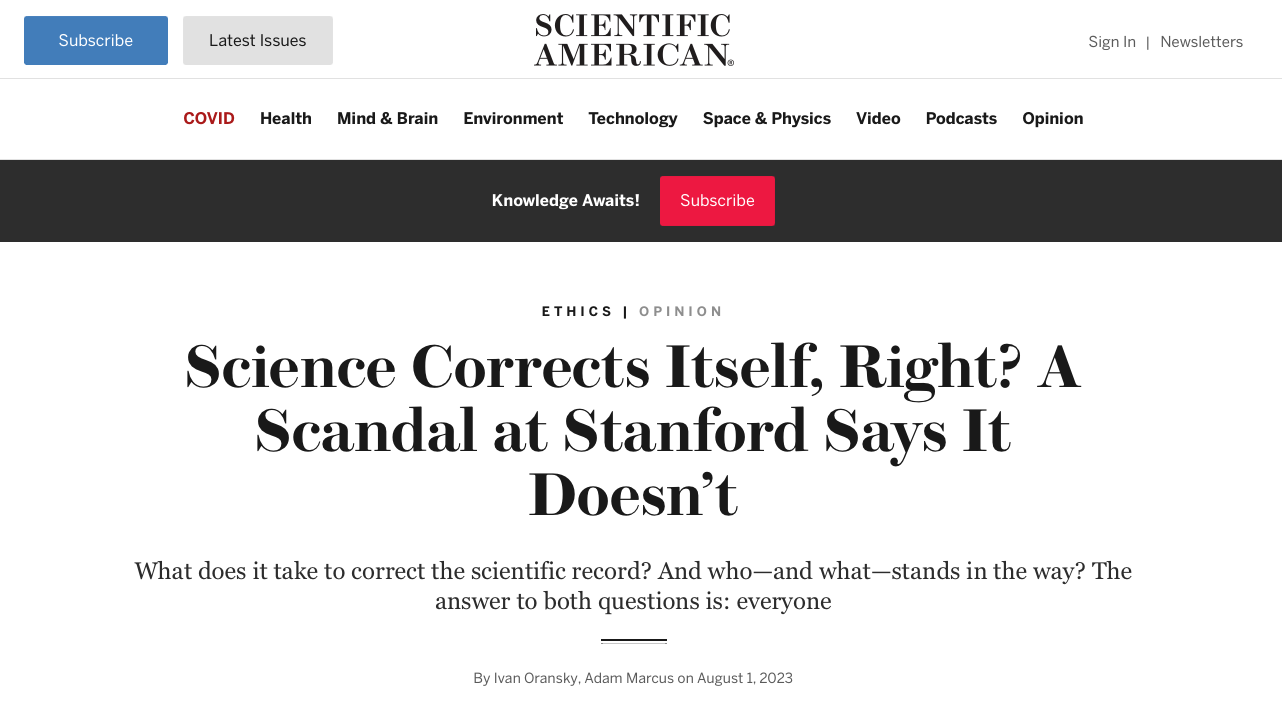
Rigorous, robust, reproducible science…
- Has been essential to the improvement of human health and well-being
- Will be increasingly important to these improvements in the 21st century and beyond
- Can be strengthened
- And must be
Open science practices can…
- Help you
- Manifest your most idealistic aspirations
- Strike a realistic balance between self-serving and other-serving motivations
- Avoid “fooling yourself”
- Improve reproducibility
- For you, your colleagues/collaborators, and others
- Enhance credibility
- Save time & money
- Yours, colleagues/collaborators, taxpayers
- Accelerate discovery
- Improve scholarly rigor & reach
Let’s get to work…
Bootcamp
- Today
- Open Science @ Penn State
- Tim Errington, “Replication of preclinical cancer biology: Challenges or opportunities?”
- Alaina Pearce, “Good enough practices for data and project management”
- Tomorrow (Thu)
- Hands-on workshops
- Friday (half-day)
May all our crises be good ones…
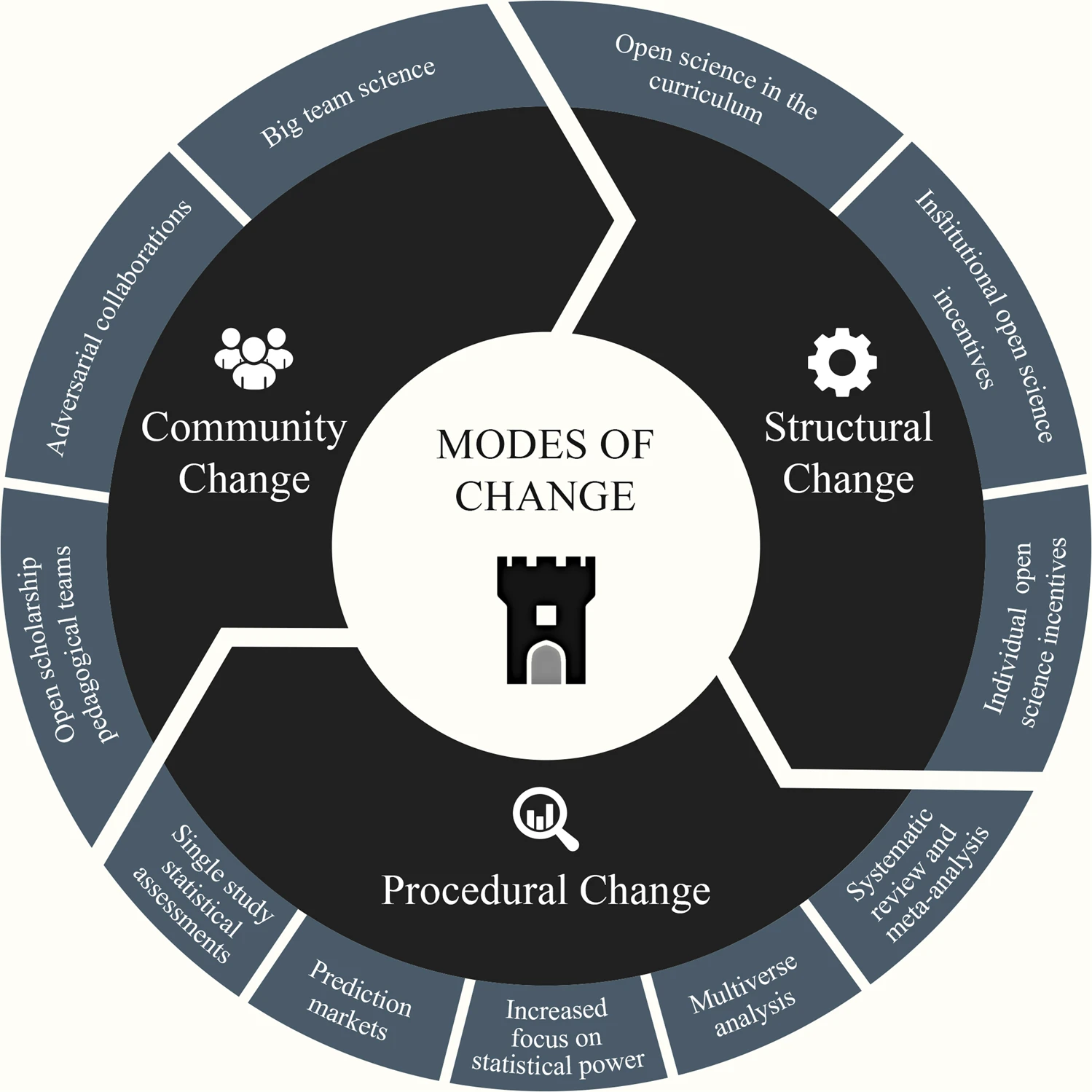
Your thoughts?

Resources
About
This talk was produced using Quarto, using the RStudio Integrated Development Environment (IDE), version 2023.6.1.524.
The source files are in R and R Markdown, then rendered to HTML using the revealJS framework. The HTML slides are hosted in a GitHub repo and served by GitHub pages: https://penn-state-open-science.github.io/bootcamp-2023-open-sci-what-why/
References

Open Science: What & Why?